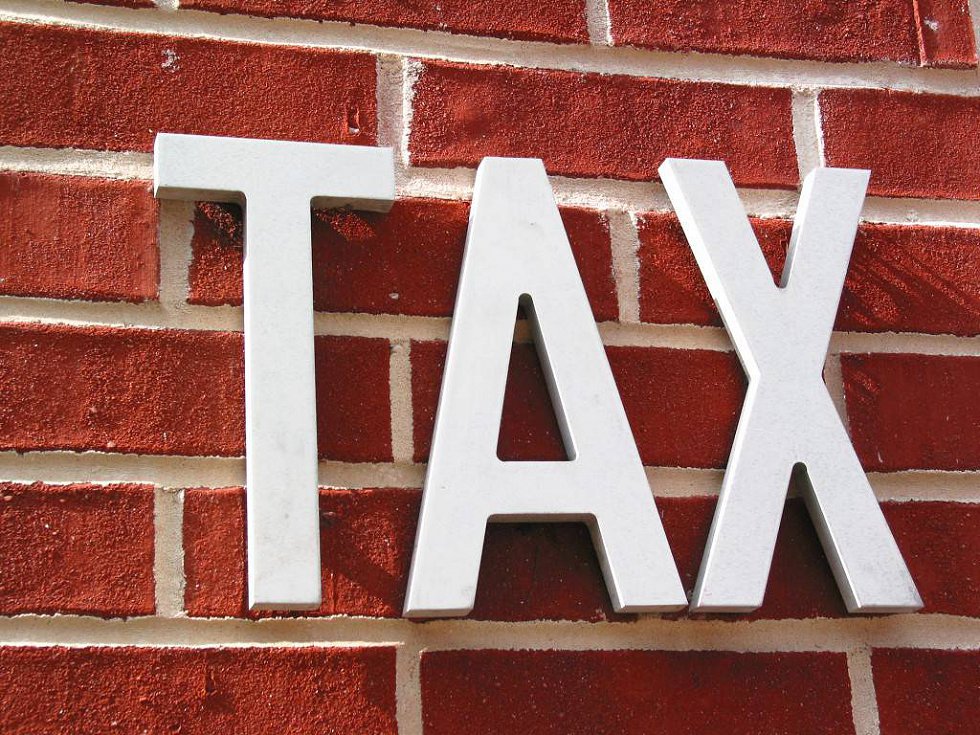
The recent tax reforms in Spain include two important matters concerning capital gains tax applied to property sales that affect Gran Canaria property owners. The changes come into effect from January 1st 2015.
Captial Gains Reductions Cut
Reductions on capital gains from the sale of properties acquired before 1995 have been hugely reduced. The government’s initial intention was to eliminate them totally but a late amendment means that the reductions remain in place for property purchased prior to 31/12/1994 and only up to a total value of 400.000 Euros for all assets a tax payer sells as of the 1st January 2015.
Inflation coefficient axed
This is probably the most important change: The effect of inflation will no longer be considered when calculating thee capital gains tax due upon the sale on a property. Until now the effects of inflation and of the costs of acquisition and property repairs were calculated and offset against capital gains. This now disappears completely from the calculation of capital gains.
This change is significant and difficult to justify as it means that there can be capital gains tax due if a property is bought and then sold at the same price.
Reduction in the capital gains percentage
The reform does include a reduction of the capital gains tax rate resulting from the sale of properties and other possessions. However, the resulting gains do not balance out the losses resulting from the elimination of the two factors above.
Currently the gains or losses obtained from the sale of property are taxable as a savings income, at a rate of 21% for the first 6.000 Euros, 25% from 6.000 to 24.000 Euros and 27% after that amount.
After the reform, the rate will be 20% for the first 6.000 Euros, 22% from 6.000 to 50.000 Euros and 24% from that last amount upwards. In 2016 those rates are expected to drop to 19%, 21% and 23%, respectively.
In short, the overall effect of the reform puts anyone who purchased property before 1986 at a financial disadvantage and also negatively affects buyers after this date.
Sell in 2015 Avoids the Changes
The tax reform takes effect on January 1st, 2015 so sales taking place before that date still benefit from capital gains tax reductions and inflation coefficient calculations.
If you’re planning to sell a property acquired before 1995 that is not your main residence and don’t intend to reinvest the capital in another main residence property (the tax exemption for reinvesting in a main residence is maintained and even extended to non-residents) you can reduce your tax bill by selling in 2014.
We’ll publish a second post soon with details of several other changes to Spanish tax law for 2015.
Author: Daniel García Chagrin, summary by Alex Bramwell
Disclaimer
The information and materials on this blog are provided for general informational purposes only and are not intended to be professional, tax or legal advice. The law changes frequently and is subject to interpretation. Being general in nature, the information and materials provided may not apply to any specific actual and/or legal set of circumstances. Nothing on this blog is intended to substitute for the advice of a professional, especially in tax and legal matters.
































































